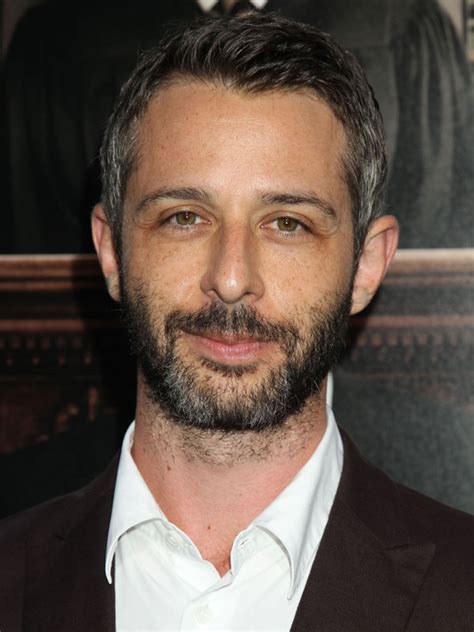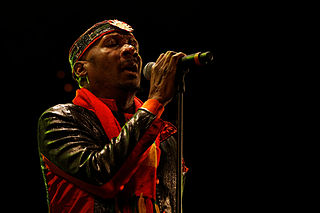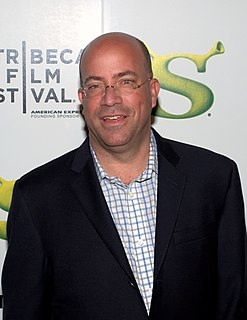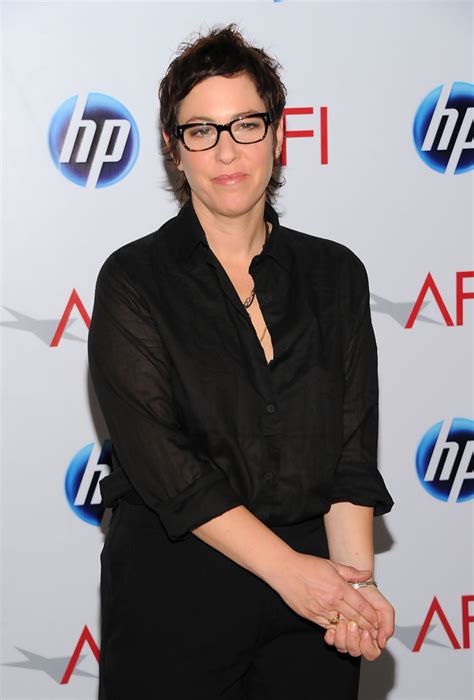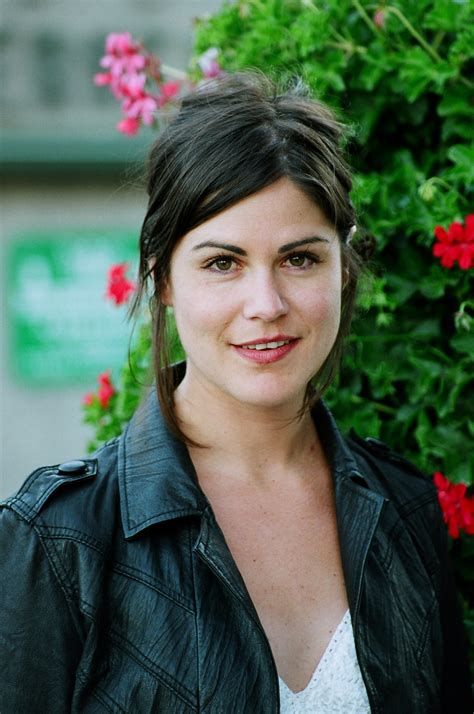A Quote by Jeremy Strong
I've always wanted to be part of stories about social justice - urgent, meaningful, substantial dramas.
Quote Topics
Related Quotes
After graduation, I wanted to work for 'Sassy', which I loved, but it had folded. So I wound up at 'Seventeen' for three years on staff and two as a contributor, and I wrote these great stories that nobody ever believes 'Seventeen' does. Serious stories for teens about social justice issues - gun control, migrant farm workers.
I know I've erred in the past putting too much of my social justice sentiments in comics, but hopefully not too much, and I tried to only do that with characters that it made sense with it. These days, with the 'social justice' aspects of the two books I write, 'Catwoman' and 'Katana,' the concerns are more about moral justice.
In its pursuit of justice for a segment of society, in disregard of the consequences for society as a whole, what is called 'social justice' might more accurately be called anti-social justice, since what consistently gets ignored or dismissed are precisely the costs to society. Such a conception of justice seeks to correct, not only biased or discriminatory acts by individuals or by social institutions, but unmerited disadvantages in general, from whatever source they may arise.
I want you to understand that racial justice is not about justice for those who are black or brown; racial justice is about American justice. Justice for LGBT Americans is not about gay and lesbian justice; it's about American justice. Equality for women isn't about women; it's about United States equality. You cannot enjoy justice anywhere in this country until we make sure there is justice everywhere in this country.
I sort of was inspired by 'Friday Night Lights,' where it was a very different show, but similar in that they were both large ensemble dramas where you had many stories going on at once. I wanted to do a show that shared that element, and that's really why I wanted to develop 'Parenthood' as a series.
As an activist, you do find yourself directed more toward public action. But I've always tried to use stories from my own life in my writing for instance. It has always been clear to me that the stories of each other's lives are our best textbooks. Every social justice movement that I know of has come out of people sitting in small groups, telling their life stories, and discovering that other people have shared similar experiences. So, if we've shared many experiences, then it probably has something to do with power or politics, and if we unify and act together, then we can make a change.
I don't know if it's a misconception, but I often get asked why I always make stories about family and love. Over the years, I´ve also directed commercials, a children's film, and TV - dramas (both comedic and darker), because I always feel the urge to go in a different direction with my next project.
